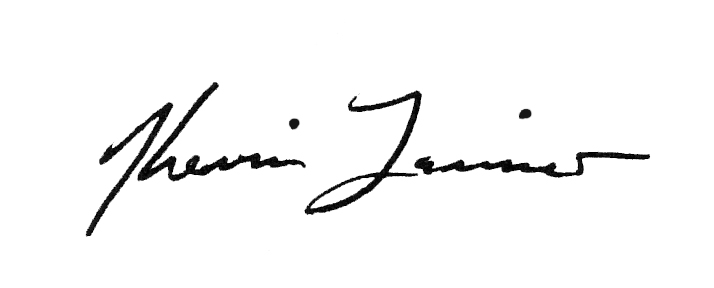The Writing, The Not-Writing
There are few living novelists writing in English who command the level of reverence that our cover subject has achieved over the past forty-two years, since his first novel, Grimus, was published in 1975. Toni Morrison is up there with him. As is Philip Roth. J. M. Coetzee, Margaret Atwood, Ursula K. Le Guin. Certainly there are others, but still, exclusive company. Perhaps add Don DeLillo, whom Salman Rushdie clearly admires, if the references to him in Porochista Khakpour’s interview with Rushdie are an accurate gauge. At one point in their wide-ranging conversation, Rushdie talks about his resistance to labels, making it clear that he wouldn’t be terribly fond of this parlor game of mine. “If someone tries to put me in a particular box, I immediately want to be in a different box. I’ve never been a great gang member. There are writers who like to travel in packs—I don’t like that,” he says. “I just think what is great about this art form is that it’s one single intelligence saying, ‘Here’s how I see it.’ An intelligence that nobody owns. It’s just this one person saying, ‘I will tell you this.’ The desire to be that individual voice I think is what makes a novelist. Every novelist I’ve ever loved has that thing where you know it’s them. You pick up a random page of DeLillo and it’s nobody else.” The same can be said of Rushdie, of course. His new novel, The Golden House, is a tour de force that puts current American culture and preposterous politics in stark relief. It is, in a word, epic. As is the interview which covers a number of subjects, but the comment that made my eyes sparkle was this one, about Rushdie’s approach to the act of writing: “I’ve always had this view that you wake up every day with a little nugget of creative juice for the day and you can either use it or you waste it. My view is, therefore, you write first. Get up, get out of bed, get to your desk, and work.”
I love that kind of work ethic, and this issue is filled with brilliant poets, novelists, memoirists, and essayists who aren’t wasting a moment. Still, I admit I’m not at my writing desk as often as I’d like, and I imagine I’m not alone. Lucky for us, Joyce Maynard has a reminder: “Writing doesn’t happen just when you place your fingers on the keyboard or pick up your pen,” she says. “An essential and too often overlooked part of the process occurs in the not-writing time, the time when it looks as though nothing’s happening, but you’re actually making sense of your life.” The writing time, the not-writing time, let’s make the most of it all.







